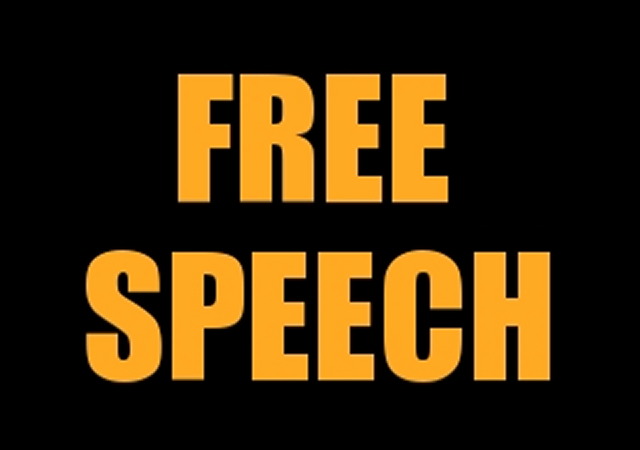University of Chicago Reportedly Not Honoring Committment to Viewpoint Diversity
“Many of the University of Chicago’s core administrative actions and programs are consolidated behind one political position”

There has been a lot of hype over the university’s stated ‘principles’ on free speech, but Matthew G. Andersson says they are not honoring their commitment to this.
He writes at the James G. Martin Center:
The University of Chicago Isn’t Living Up to Its “Principles”
Much has been made of the “Chicago Principles,” formal statements by the University of Chicago concerning the institutional inclusion of opposing political viewpoints. Articulated in 2015, the principles seek to set expectations concerning the accommodation of all perspectives, especially within group settings such as public-speaking events, but also, theoretically, in publications and disciplines. Also produced by the institution is the so-called Kalven Report, which commits the university to a principle of “institutional neutrality.” Some universities are actively copying these principles: starting a center or issuing memoranda. Others even seek to organize a new institution, all of which reveals a widespread belief in viewpoint plurality.
The Chicago Principles have gained much fame due to their deemphasis of such ideological concepts as “safe spaces,” “trigger warnings,” and other sensitivities that are usually invoked when students reject positions or views that challenge their belief structures. There’s no doubt that this is a welcome pushback from the perspective of many students, parents, faculty, and campus speakers. It is also a mature position for a university to take in a legal sense, as free speech is both constitutionally protected and recognized in case law from student and university litigation, going back several decades.
Finally, the Chicago Principles have served as good branding, as their declaration has differentiated the University of Chicago from nearly all its peers. UChicago has been praised as a “haven of heterodoxy.” To a certain extent this is true.
But in another critical context it is not. Many of the University of Chicago’s core administrative actions and programs are consolidated behind one political position, and not just in a casual or ad hoc way but systematically, throughout its organization. How this political or ideological position should be characterized is a good question, because it doesn’t fall neatly into a traditional category. It is both highly conservative in one sense and radically progressive in another. What both elements have in common is obedience to government-industrial policy and objectives.
 DONATE
DONATE
Donations tax deductible
to the full extent allowed by law.







